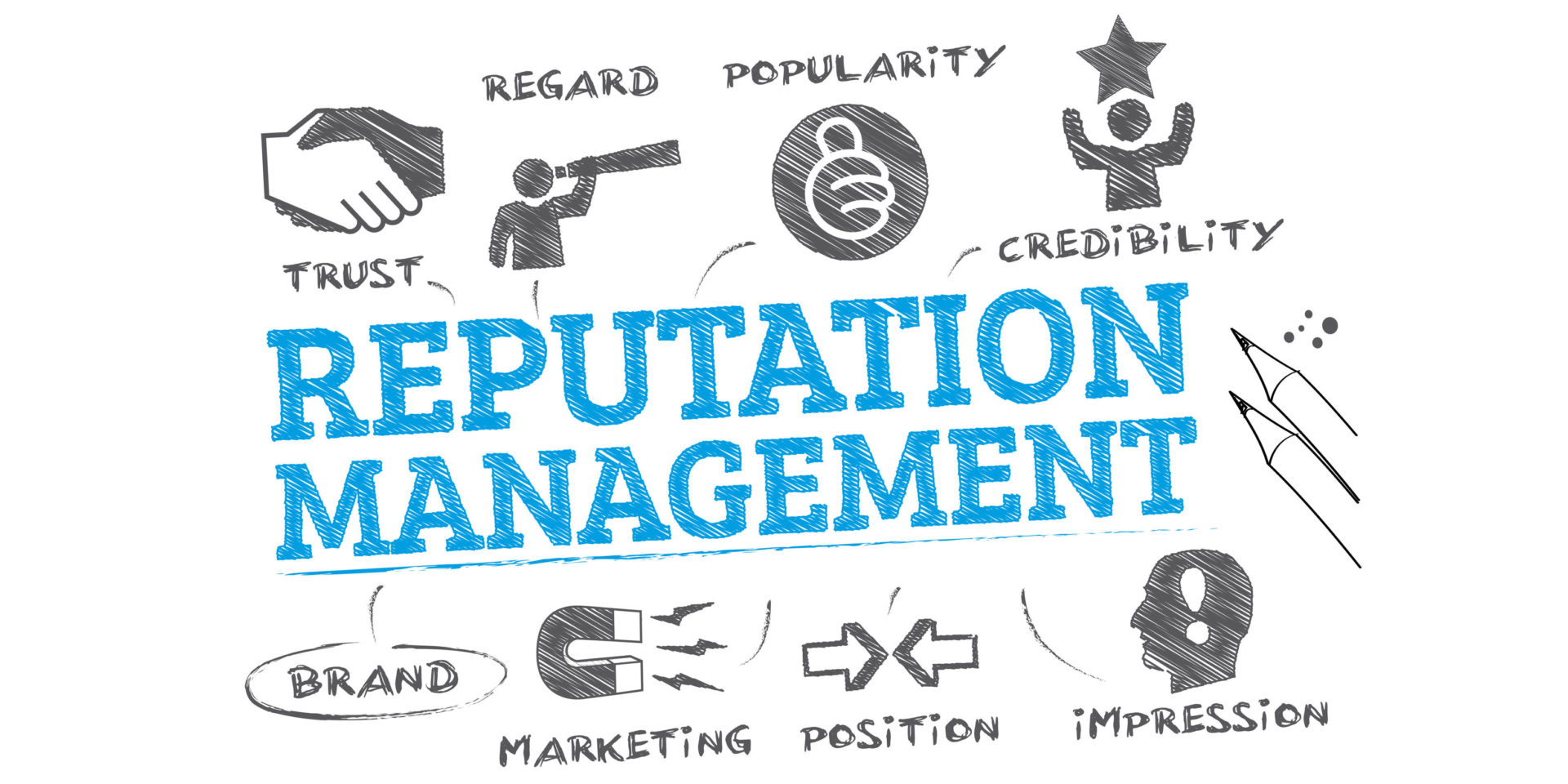
Whether you’re the only game in town or smack dab in the middle of a highly competitive market – reputation matters. Liken to the days when word-ofmouth ruled the marketing world, social media can be the all-mighty maker and breaker of your online reputation. By creating a culture at your organization that values online reputation management, you are essentially making a commitment to listen, learn, and interact with the customer.
Our customers are still talking with friends and family on the phone and in person, creating that positive or negative word-of-mouth. They are also filling out comment cards, completing surveys, sending emails, and submitting feedback on our contact webforms. Additionally, your customers post videos and pictures, creating lasting impressions of your businesses online.
What’s your strategy?
Whether you receive the occasional post or thousands of new reviews, reading and responding to them can be an exhausting task, nevertheless an important one. Your organization should know what people are saying, why they are saying it, and be able to identify trends based on the analytics.
- Do you have a reputation management strategy?
- Who is responsible for reputation management?
- Who is responding to reviews and do you have a consistent voice?
A decade ago, our organizations didn’t have to have a strategy or a team to manage our online reputation … welcome to the new world.
Are these reviews valuable and how do we turn them into opportunities?
Imagine you find a one-star review on TripAdvisor and identify the reviewer in your database as a top-tier player with a high ADT. By taking the time to identify this player, you have an opportunity to contact them directly to ask about their experience. You may discover more information about the experience and save a good customer, just by showing that you cared enough to call. We now have all the facts necessary to respond to their review, and if we’re lucky, they’ll take it down or change the rating based on our quick response and excellent customer service.
Creating a response based on data, not emotion
Patrons post reviews of our restaurants, hotel, spa, bars, slots, table games, restrooms, events, coffee shops, table dealers, bar staff, casino hosts – and everything else your operation has to offer. By placing an emphasis on online reputation management, you will begin to create strategies to differentiate the true from the false. Your organization will eventually know when a review is coming from a known player or a disgruntled employee or a competitor. The process will assist in creating a response based on data, rather than emotion. If left unchecked, you may never know who is posting these reviews or why they’re being posted. Perhaps there is an action item the organization can take to improve the business, or maybe it’s just another regular patron erring the same ole’ grievance; see you on Senior Sunday, Martha.
Reputation management is not only about reading and responding to customer reviews, though this is a major aspect of the process. It is also defining the strategy behind how we actively engage with our customer’s comments, videos, pictures, and questions. When a patron posts a picture of their burnt burger bun on Instagram, tags your business, and complains about their meal to their entire following – what is the process our team takes to create a response, follow-up, or share information with the rest of the organization?
Ask your team:
- Can I identify the person in my loyalty club database?
- What insights can we discover from the user’s online profile?
- Are they a frequent contributor online at ours and other businesses?
- Are their reviews generally positive or negative?
- Do they have a large following or friend list?
- Did the review reflect a known experience at the property?
- Was there something specific in the review we can follow-up on?
- What else can you discover about the person who wrote the review?
Here’s the good news: there are software solutions and various other tools available to help manage our online reputation. Are unsure about your current efforts in this department or would like to know some of the tools available to assist with Online Reputation Management? We would be happy to provide you with some help.







